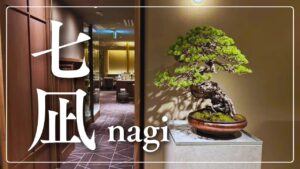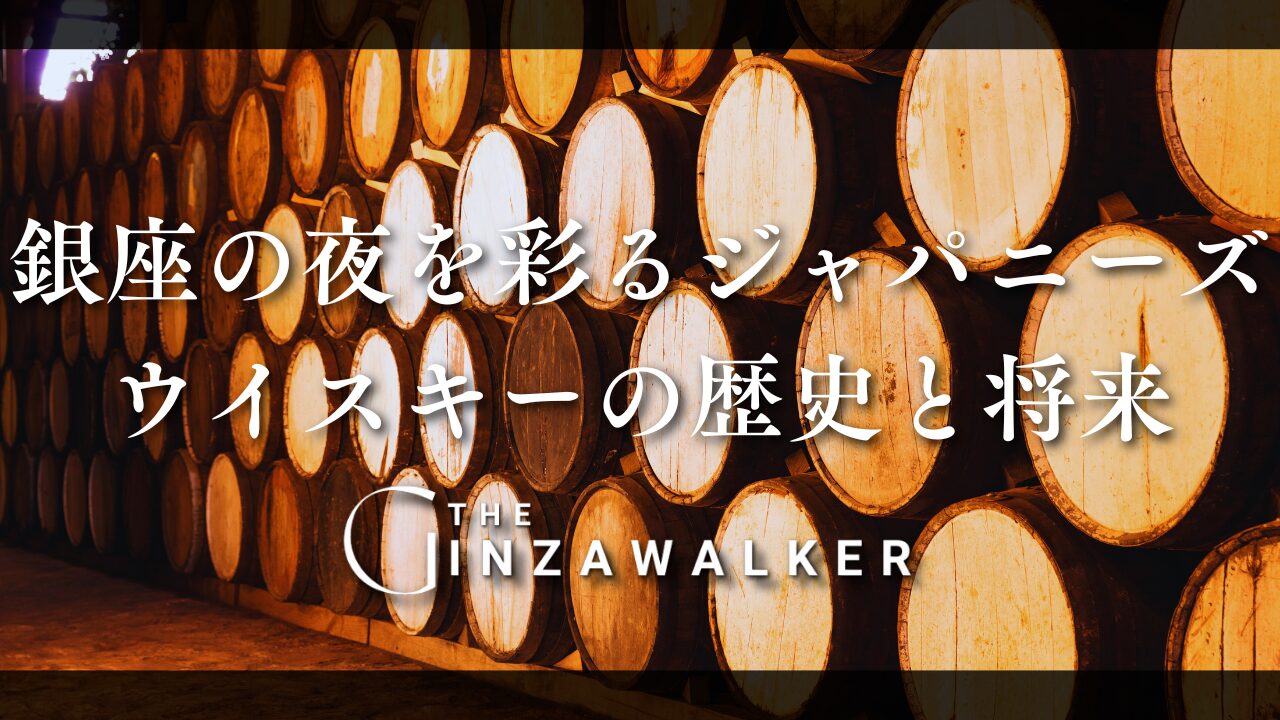
To gain a deeper understanding of the appeal of whisky enjoyed in the exclusive clubs of Ginza, we introduce the history and current state of whisky in Japan.
From the birth of whiskey, to its international reputation, to its future prospects, we will provide you with information that fits perfectly with the sophisticated atmosphere of Ginza.
Table of Contents
- 1 Birth of Japanese Whiskey
- 2 The Dawn of the Boom and the Decline of the Boom
- 3 Global recognition and domestic reaffirmation
- 4 Influence of the highball boom
- 5 Use of Foreign Sake and Legal Issues
- 6 Definition and Current Japanese Whiskey
- 7 Products based on the definition of Japanese whisky (e.g. Suntory, Nikka Whisky)
- 8 Craft Distilleries and their Whiskies
- 9 Whiskey blended with overseas original whiskey
- 10 The Future of Japanese Whiskey
- 11 Response from each manufacturer
- 12 Conclusion.
Birth of Japanese Whiskey
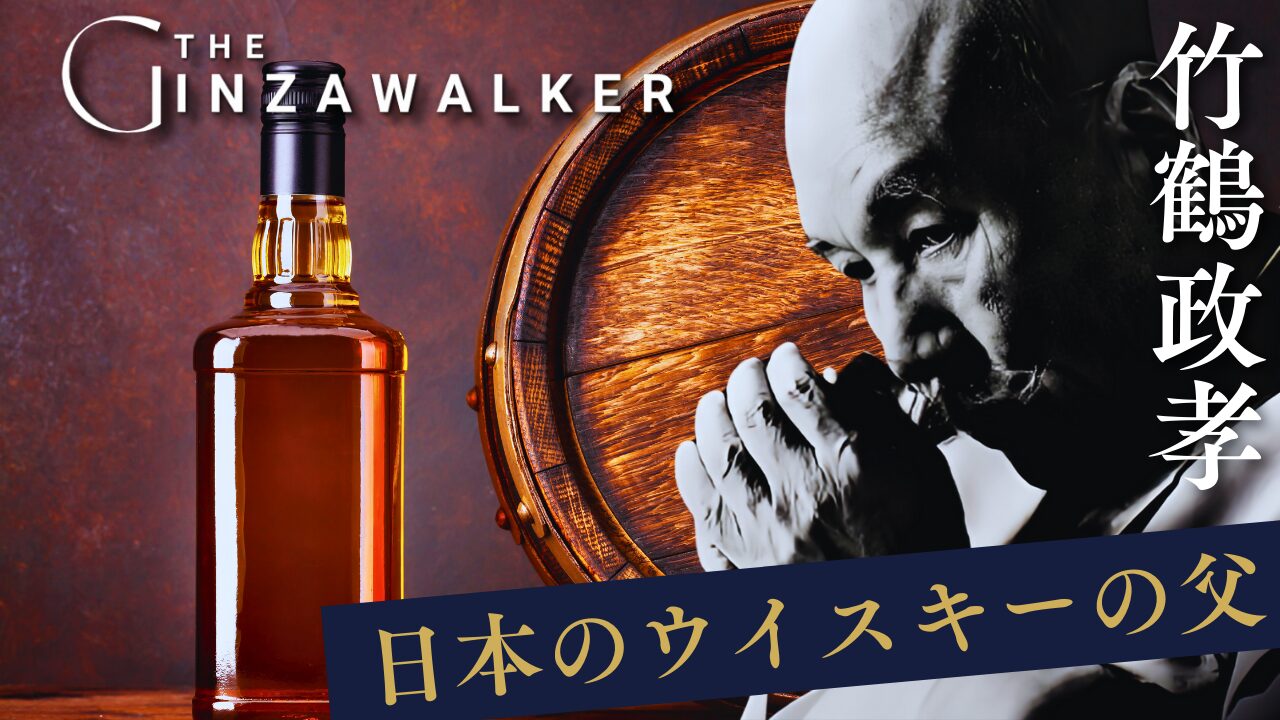
The first whisky in Japan was Suntory White, released by Suntory in 1929, which marked the beginning of the Japanese whisky industry.
Later, in 1940, Nikka Whiskey was founded and Masataka Taketsuru began laying the foundation for Japanese whiskey based on the techniques he learned in Scotland.
This historic brand of whiskey is also enjoyed at clubs in Ginza.
The Dawn of the Boom and the Decline of the Boom
In the 1970s, Japan experienced a whiskey boom and many manufacturers entered the market.
However, sales of whiskey declined during the long recession that began around 1985, and for a time the industry entered a period of winter, to the extent that many manufacturers withdrew from whiskey production.
Even the most exclusive clubs in Ginza would have had a limited choice of whiskey in this era.
Global recognition and domestic reaffirmation
In the 2000s, Suntory's Yamazaki 12 Year Old won an international award, and gradually Japanese whiskey began to gain international recognition.
This trend also led to the revival of whiskey in Japan. For example, in 2014, Suntory's Yamazaki Sherry Cask 2013 was named "World Whisky of the Year" and its high quality was widely recognized.
Even the clubs in Ginza serve these highly rated whiskeys, attracting visitors.
Influence of the highball boom
Around 2008, due to Suntory's advertising strategy and other factors, highballs became popular, especially among young people, and for the first time in many years, a whisky boom was underway. At one point, demand was so great that Suntory had to restrict shipments. Highballs are also a popular menu item at upscale clubs in Ginza, where they have become a particularly casual way to enjoy the drink.
Use of Foreign Sake and Legal Issues
Japanese whisky has only minimum production standards, and various types of whisky are sold as "Japanese whisky. Some of these products are blends of foreign origin whiskies and some contain only a small amount of Japanese whisky. This can lead consumers to question whether they are really buying Japanese whiskey. At the Ginza club, we strive to provide reliable Japanese whiskey so that our visitors can enjoy it with confidence.
Definition and Current Japanese Whiskey
Starting in 2021, the Japan Western Liquor Manufacturers Association (JSLMA) has established a clear definition of Japanese whiskey and set standards for ingredients and production processes.
With these standards, we aim to maintain the quality of Japanese whiskey and prevent confusion among consumers.
Specifically, in order to call itself Japanese whiskey, it must be saccharified, fermented, distilled, aged, and bottled in Japan, and the minimum alcohol content must be 401 TP3T.
Typical products based on this definition include Suntory's Yamazaki and Hibiki series, Nikka Whiskey's Yoichi and Miyagikyo, and Hombo Shuzo's Komagatake series.
These are also served at a club in Ginza, where visitors enjoy their deep flavor.
Products based on the definition of Japanese whisky (e.g. Suntory, Nikka Whisky)
Suntory Whisky

Nikka Whisky

Craft Distilleries and their Whiskies
Since the 2000s, many craft distilleries have been established in Japan.
These small but highly unique workshops produce many single malt whiskeys, including the Chichibu distillery.
Craft distilleries are characterized by manual construction and production methods based on a specific philosophy.
However, since many are limited editions, they are often difficult to find on the market, and prices tend to skyrocket.
Ginza clubs also sometimes offer these rare whiskies for special events or as part of a limited menu.
Whiskey blended with overseas original whiskey
Many blended whiskies made with foreign origin whiskies are also on the market as part of Japanese whisky.
However, the use of foreign origin sake does not mean that the quality is inferior.
In many cases, there are a number of tasty whiskeys that offer excellent value for money.
For example, the Kaku Highball and Black Nikka series are known for their great taste and cost performance.
The Future of Japanese Whiskey
There are currently more than 20 distilleries in Japan, and new distilleries are scheduled to be established.
This move indicates the expansion of the Japanese whiskey market, and there may be even more Japanese whiskey on the market in 10 years.
In addition, products blended with foreign base whiskeys continue to be developed as a new experiment, and as each whiskey has its own unique taste and characteristics, it is expected that the diversity of Japanese whiskey will be further increased.
Response from each manufacturer
Many whisky producers, from major manufacturers such as Suntory, Nikka Whisky, and Kirin to craft distilleries, are following these new standards to produce products as Japanese whisky.
Of particular note are limited edition and rare single malt whiskies, which are highly regarded both nationally and internationally.
Conclusion.
After a "winter period," Japanese whiskey has come to be highly regarded both domestically and internationally, with each brand now competing for its own unique appeal.
The assurance of quality through new definitions will bring further development and transparency to consumers in this fascinating industry.
The exclusive clubs in Ginza offer these high quality Japanese whiskeys and provide visitors with an exquisite experience.
Article Supervisor
Yuya Hachimine

Representative Director of ZENNO GROUP, Inc. known as a leader in the night work industry in Ginza. He worked for 14 years as a black-shirted worker in a high-class club in Ginza, and based on his experience, he provides various services for the industry. In order to improve the inefficient work system, he founded ZENNO GROUP Inc. and has contributed to the development of the industry.
Yuya Hachimine's SNS and related links
-
-
- Instagram: @88.hacci.88
- the Focus: Interview with Yuya Hachimine
- Laule'a Publishing The Moon Reading of the Wise Men: A former Ginza black dresser talks about the secrets of the customer service industry.
- local color: More about ZENNO GROUP
- GLOCAL.: ZENNO GROUP Initiatives
- Qualitas Column:Bringing innovation to the glittering "nightlife of Ginza.
-

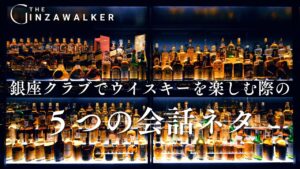

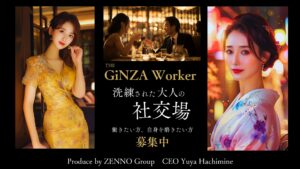














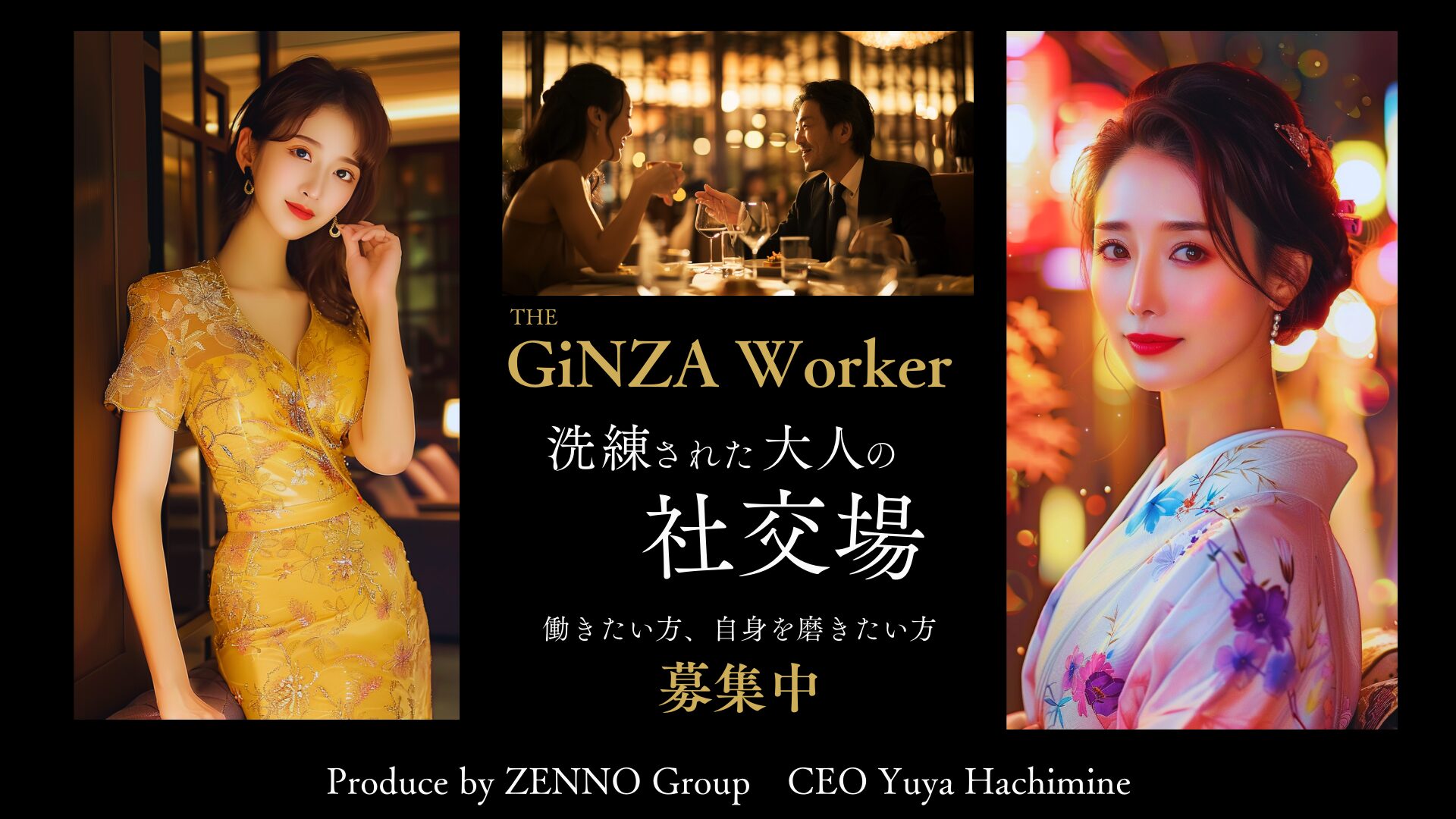

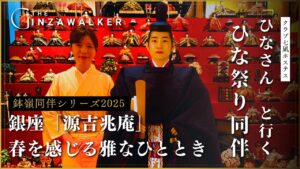

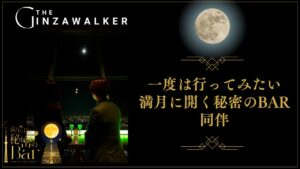
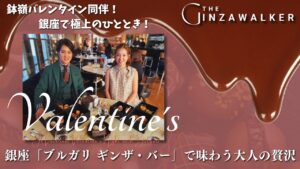



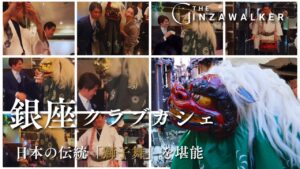











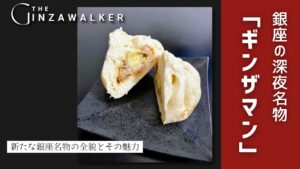
![Impact of PIN Bypass Abolition on the Ginza Club Industry and How to Respond [2025 Edition].](https://ginza-zennogroup.com/world/wp-content/uploads/2025/01/unnamed-file-4-300x169.jpg)


![Ginza Gourmet] BISTRO J_O Thoroughly Dissected until March 15, 2025! A famous restaurant full of Goro Inagaki's specialties](https://ginza-zennogroup.com/world/wp-content/uploads/2025/02/【銀座グルメ】2025年3月15日までBISTRO-J_O徹底解剖!稲垣吾郎のこだわり満載の名店-300x169.jpg)


